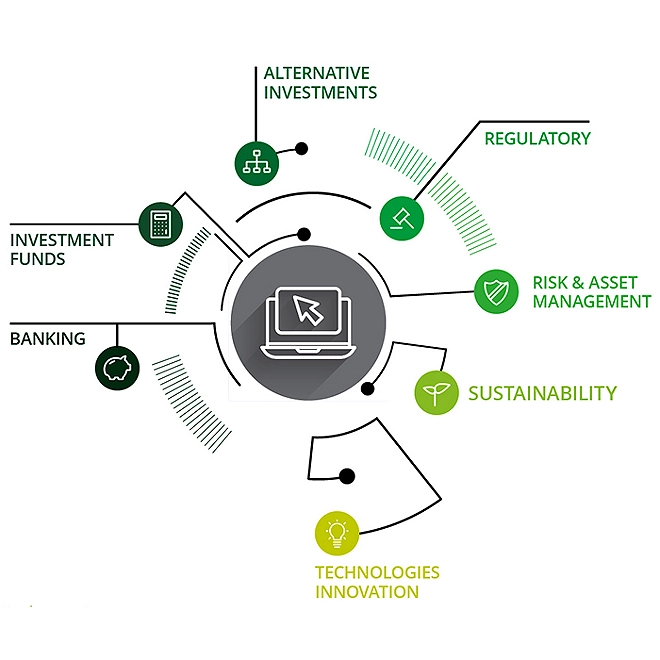Financial Services
Global shifts in behaviours, expectations and markets are affecting how people finance, spend, invest and save—causing many financial services firms to rethink their strategies. By connecting insight, experience and ecosystems, we can foster stable and inclusive growth through innovation and transformation. Together, we can create a more efficient financial services industry and a better future.
Building a better financial system
We have broad and deep industry experience across the financial services ecosystem, giving us a fresh, forward-looking perspective. In this highly-regulated industry, we can serve as a trusted adviser on your complex transformation projects.
At Deloitte, we are helping to build a better financial system—one which is more sustainable, digital and accessible. So, whatever stage your business is at in its transformation journey, we can help you to make the right connections.




